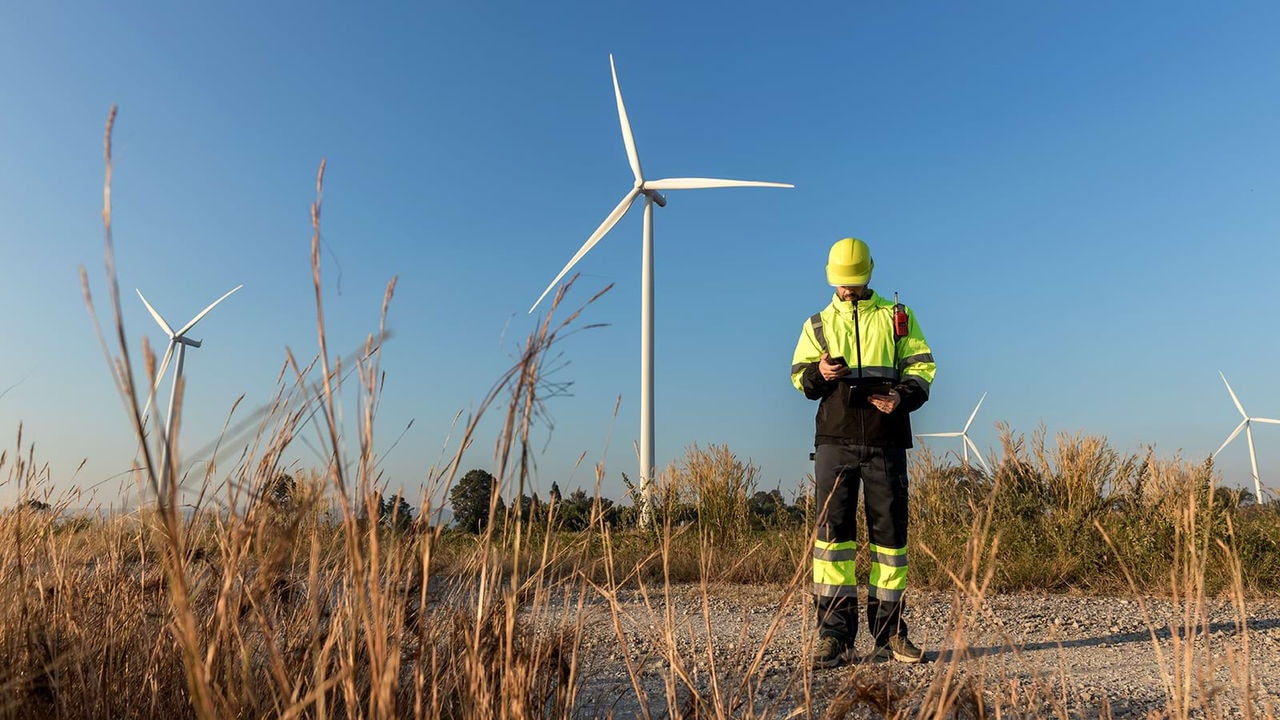Committed to Net Zero

Climate change is one of the greatest problems we face today, and no life form on our planet is shielded from its consequences. Its impact is far reaching - from worries about our children’s future, to pension funds having to decide where to invest.
We need to see systemic change to avert a climate catastrophe and unlock the potential of green growth. The business community has a key role to play in making this happen. PwC has resolved to play its part and so we have made a worldwide science-based commitment to reach net zero greenhouse gas emissions with 2030 goals. This is just one element of our determination to tackle the climate change crisis. We will share our progress and initiatives as we roll them out in the coming year.


In FY21, PwC Belgium offset 8,000 tCO2eq with three projects.
Supporting communities - improved Cookstoves in Bangladesh
Renewable energy - Turkey Wind Portfolio
Sustainable landscapes - Forest Protection in Cambodia
As an example, the Keo Seima Forest Protection project aims to mitigate the drivers of deforestation. The project works with 2,500 households of around 12,500 people. There are 20 participating villages in the project area covering 292,690 hectares of forest. The project is being run by the Wildlife Conservation Society and the National Forestry Administration.
Decarbonising our operations
As part of PwC’s global commitment, PwC will reduce its total greenhouse gas emissions by 50% in absolute terms by 2030. This includes a switch to 100% renewable electricity, as well as energy efficiency improvements in our offices. We will also halve our emissions associated with business travel and accommodation within a decade.
What has been done so far by PwC Belgium:
Carbon offsetting of:
100% of air travel emissions
100% of our fleet emissions, both for private and professional use.
100% of the non renewable energy used in our buildings (gas and electricity)
More than 90% of our energy consumption is renewable. We plan to reach 100% by FY22.
New sustainable mobility strategy with a new fleet policy, alternative transport options and compensation schemes.
Hybrid working introduced with Work@PwC Reimagined allowing for a significant reduction in car emissions due to an increase in home working.
Working with clients to accelerate their net zero transition
We work closely with the private and public sectors to transition to net zero and help build resilience in the face of a changing climate. Leveraging the latest science, analytical approaches, technology and innovation, we help clients economically and effectively transition to net zero, preserve their competitiveness and protect the natural environment.
Building on our existing work with clients in sustainability and net zero transformation, we will infuse science-led climate analysis into all our areas of service. For example, our Advisory practice will integrate climate risk into relevant assignments, providing clients with insights on climate risks and opportunities, as well as helping them to transform their business processes.
Another major focus area will be integrating climate-related and other ESG factors into mainstream corporate reporting and governance. PwC’s Assurance practice will support the development of high quality, aligned disclosure and measurement standards and help clients embed these into their reporting and governance.
Across our Tax practice, we help clients understand how net zero transformation impacts tax strategy, transparency and compliance obligations, subsidy and incentive opportunities and revenue for both public and private sector organisations.
Supporting the climate agenda
In February 2021, PwC Belgium took concrete action to fight climate change by signing the Belgium Alliance for Climate Action (BACA) Pledge. This is a coalition of Belgian organisations publicly announcing ambitious climate goals. Launched by The Shift and WWF, this coalition acts as a platform for Belgian organisations that are serious about their climate ambitions.
PwC Belgium has also joined the movement of leading Belgian organisations aligning their businesses with the goal of the Paris Agreement: to limit global temperature rise to 1.5°C or well below 2°C above pre-industrial levels.
As a member of the Belgian Alliance for Climate Action, PwC Belgium commits to using its network and wider sphere of influence to support and accelerate climate action in line with the ambitions of the Paris agreement. This includes advocating for policy positions consistent with a net-zero future and for supportive government policy and goals that will deliver this net-zero future before, or at the latest by 2050.












